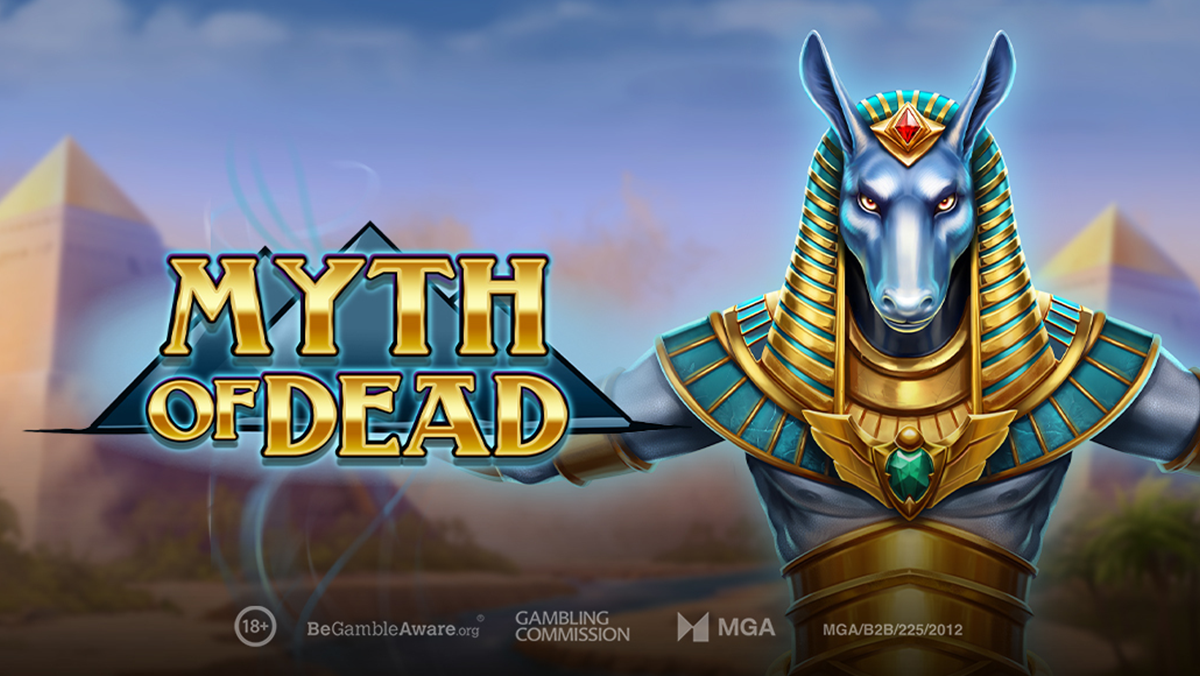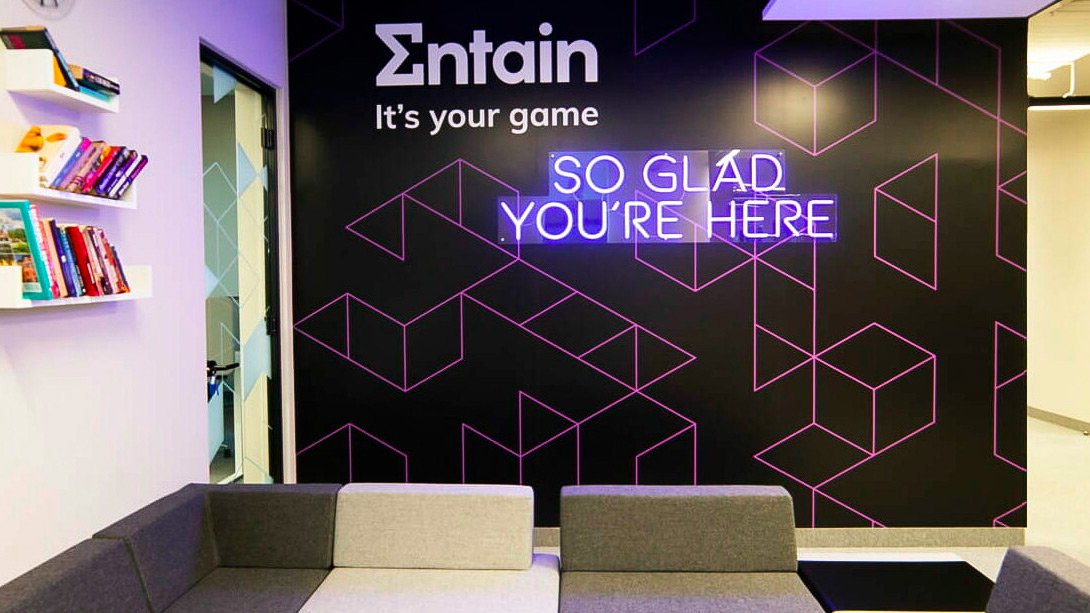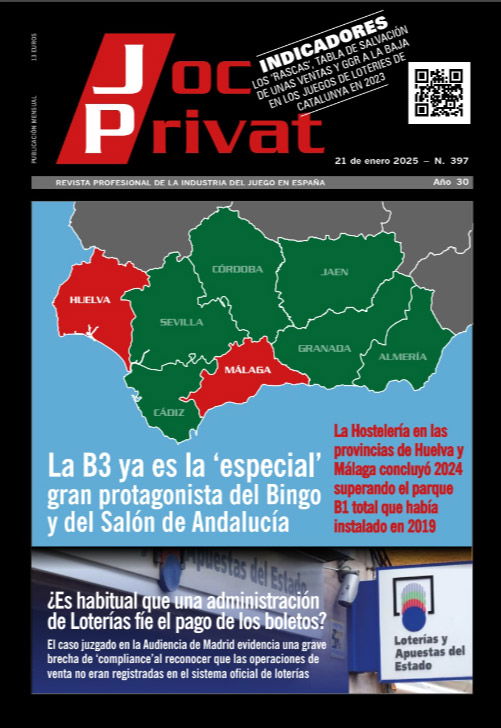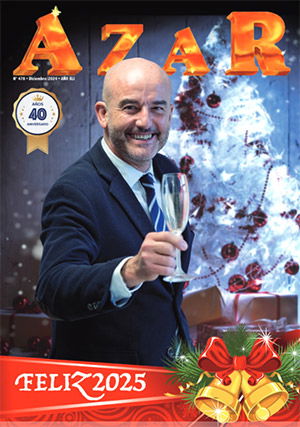Minnesota: Addiction and societal concerns dominate lawmakers debate on mobile sports betting
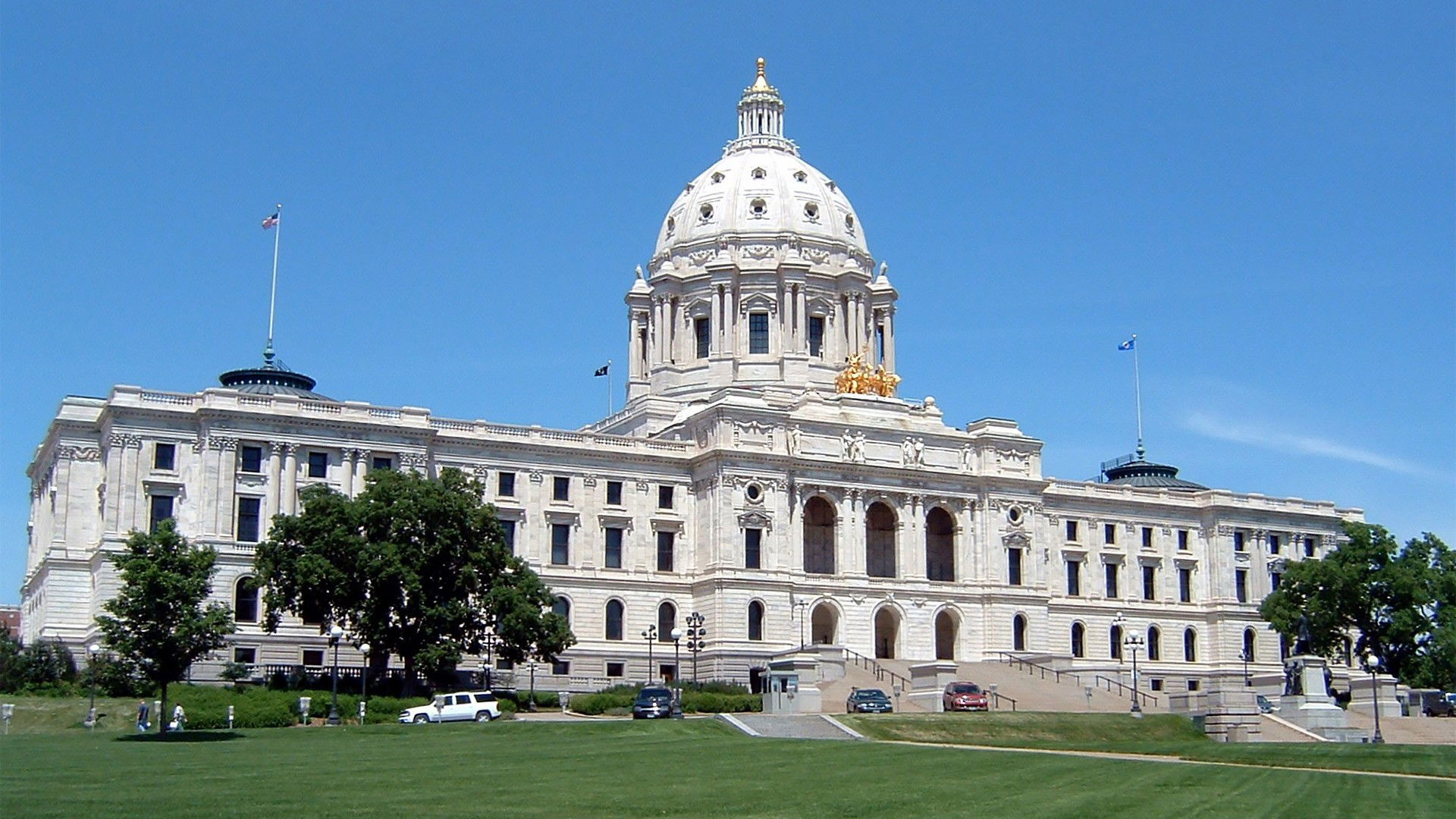
In the inaugural legislative hearing on legalized mobile sports betting held on Thursday, Minnesota lawmakers raised significant concerns about the potential socio-economic repercussions of a widespread expansion of gambling.
Following a discussion primarily centered on the negative impacts of legalization, the House Human Services Finance Committee advanced the bill on a split voice vote to the House State and Local Government Committee
Republican Representative Dave Baker of Willmar questioned the necessity of bringing sports betting to mobile devices, emphasizing the constant accessibility of phones and gambling opportunities for everyone, Star Tribune reported.
In response, the bill's lead sponsor, Democratic Representative Zack Stephenson, highlighted that illegal gambling on phones is already prevalent among Minnesotans.
"What this bill is about is taking an illicit activity and trying to make it regulated, controlled and consumer protected," Stephenson was quoted as saying in the report.
Stephenson outlined the bill's proposed safeguards, including the prohibition of push notifications from gambling platforms and the establishment of a three-hour waiting period after money transfer from a bank account to the gambling app.
Notably, the hearing did not address the underlying tension between the state's Indian tribes and racetracks, and their representatives did not speak to lawmakers.
The bill's fate remains uncertain, with the Senate yet to commence public discussions on legalization. Advocates are working behind the scenes to find an arrangement that appeases both the tribes, which are likely to control licenses and partner with betting platforms, and the tracks seeking a share of the betting action.
The sole testimony came from Susan Sheridan Tucker, Executive Director of the Minnesota Alliance on Problem Gambling. She emphasized the real addiction and gambling disorder recognized by the DSM-5, urging the legislature to expand education and treatment efforts if gambling is expanded.
Tucker revealed that gambling addiction affects many Minnesotans, citing a 2019 state survey that identified 250,000 adults and a 2022 student survey showing 6,000 high school students on the problem gambling spectrum. Noting the $4 billion annual spending on legal gambling in the state, she stressed the need for increased education and treatment efforts.
The bill, proposed by Stephenson, aims to allocate a percentage of sports betting revenue to addiction, education, and recovery efforts. Despite Republican Representative Dawn Gillman expressing enthusiasm for sports betting, concerns were also raised about potential impacts on bingo operations throughout the state.
Treatment for compulsive gambling is currently free for Minnesota residents, with the state hosting one of the few residential treatment programs nationwide, Project Turnabout's Vanguard program in Granite Falls.
Representative Baker, whose district includes Project Turnabout, warned of a tenfold increase in advertising when sports betting is legalized, emphasizing the need to address the potential rise in addictive behaviors similarly to discussions on drug addiction, smoking, and vaping, particularly when it comes to educating students.
Representative Kristin Bahner of Maple Grove acknowledged the likely legalization of sports betting but also raised concerns about normalizing its prevalence in front of children and youth.







